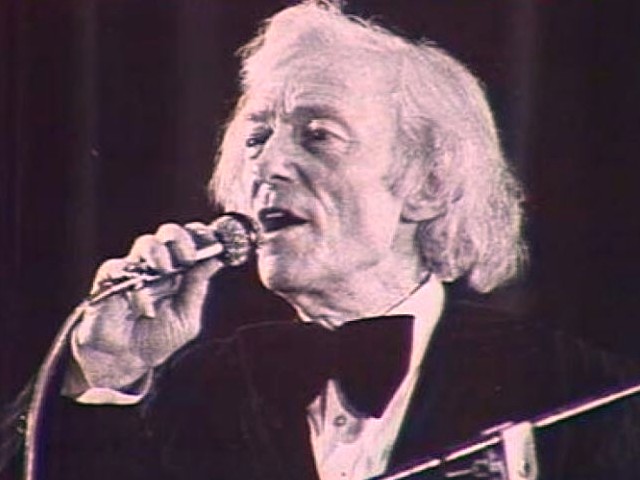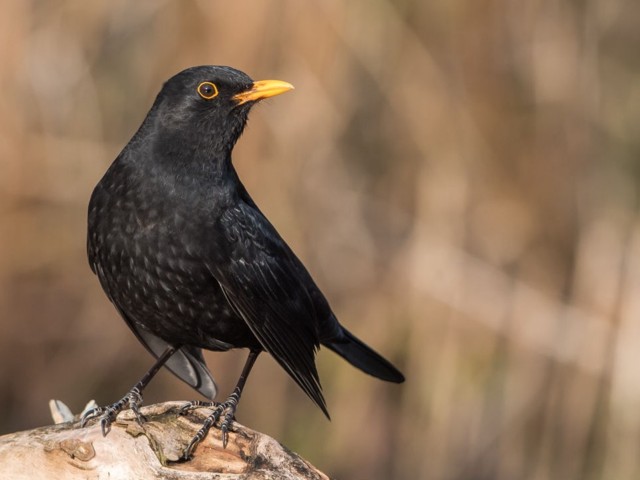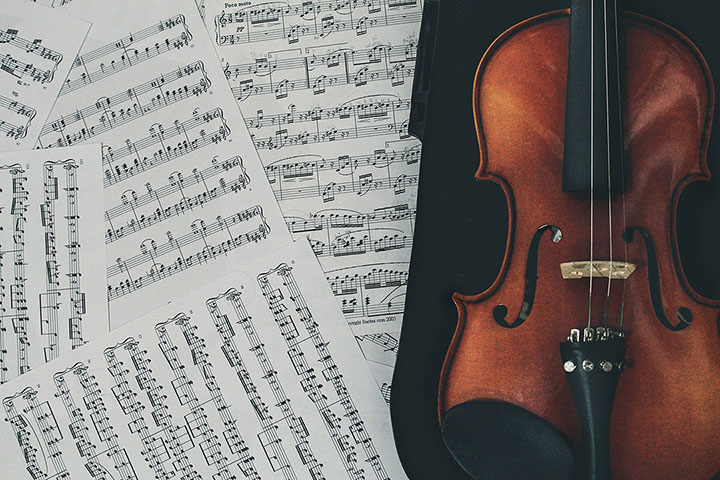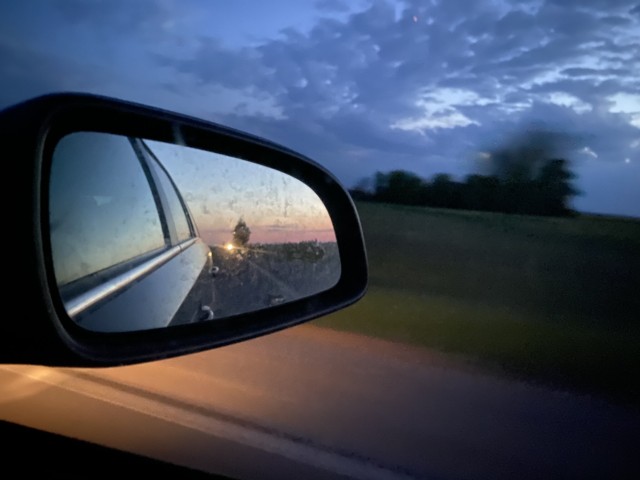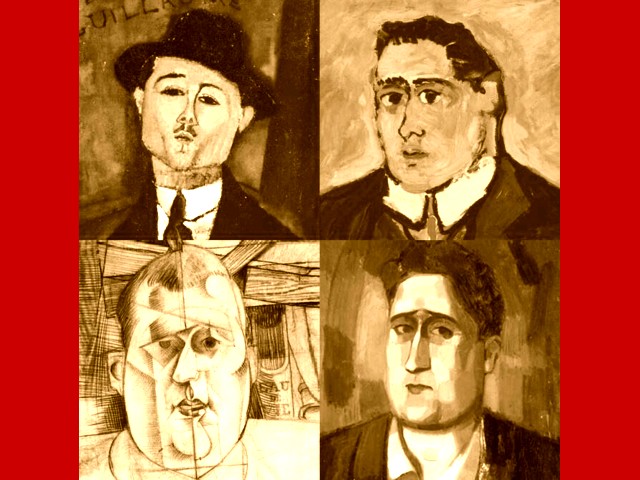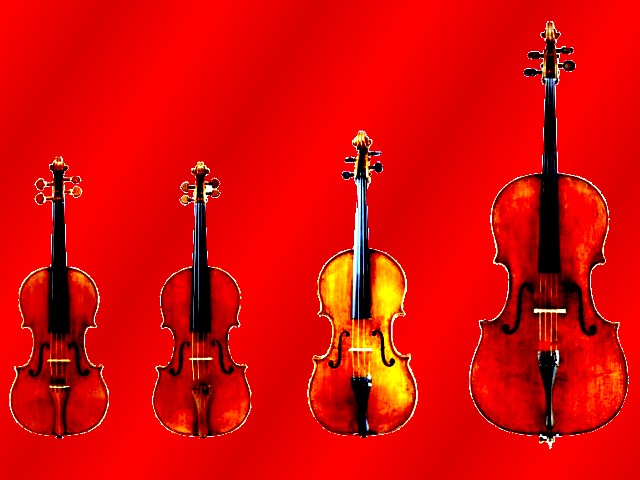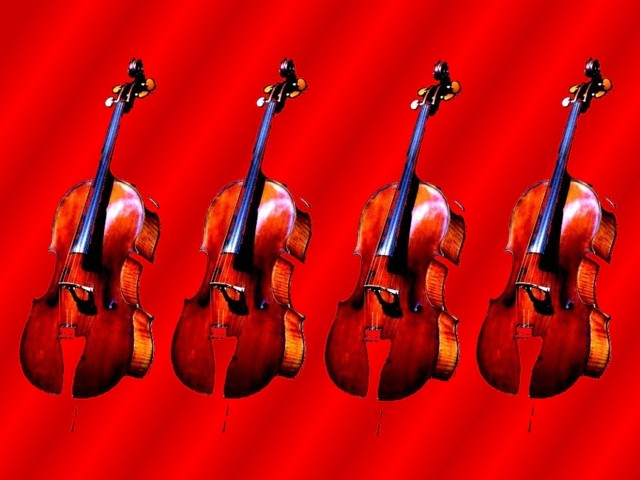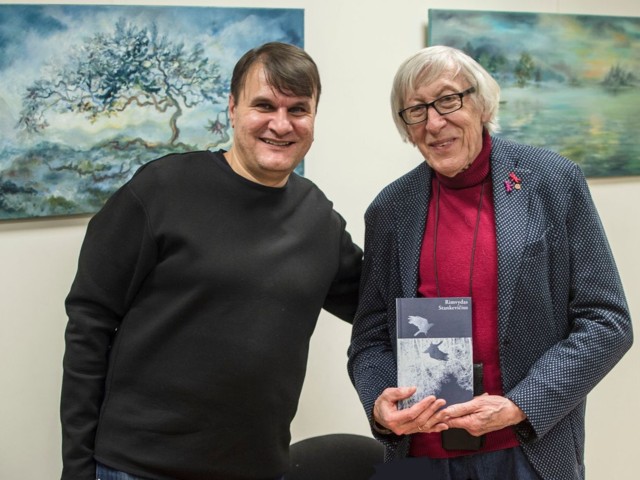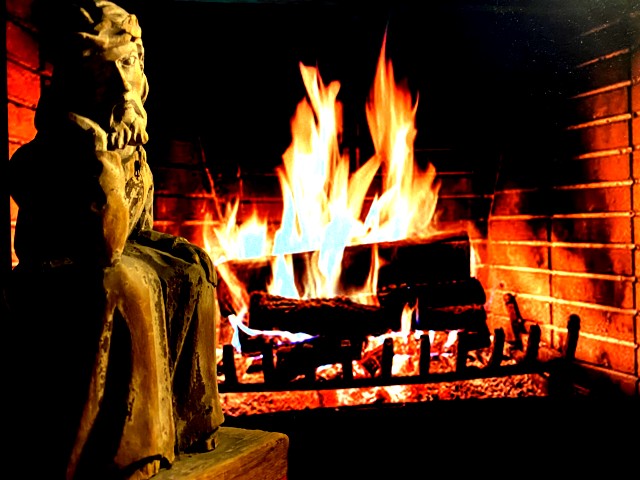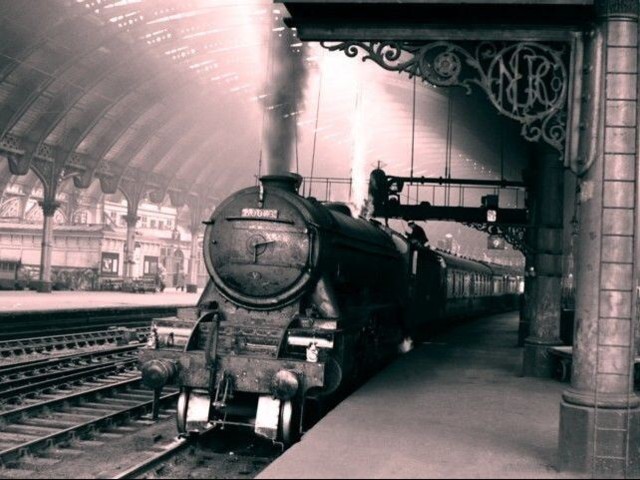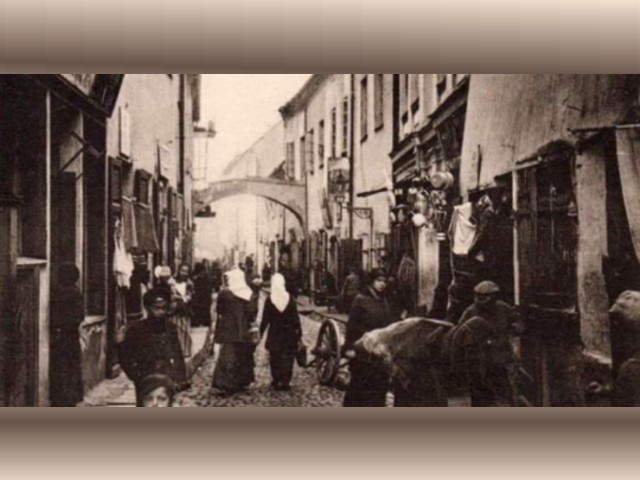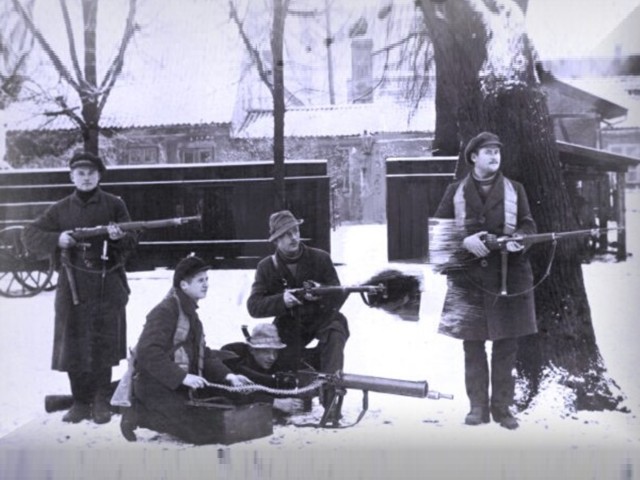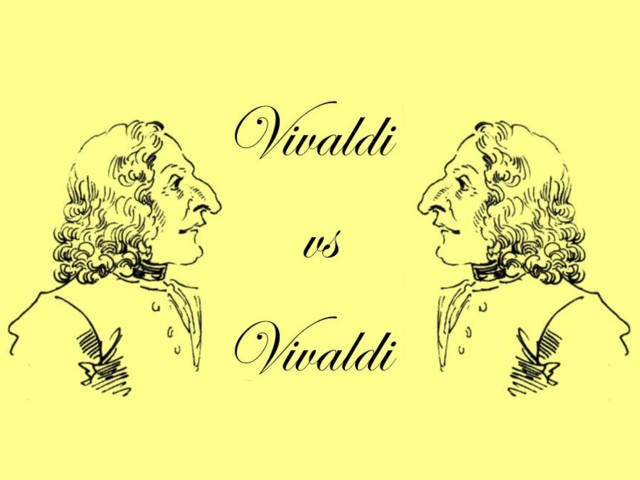
Vivaldi vs Vivaldi
Žanras/genre: instrumental cycle
Instr.: violin-cello
First perf.:
Idėją pasiūlė Nicoje (Prancūzija) gyvenantis smuikininkas Borisas Livschitzas, kuris kartu su violončelininku Marku Drobinskiu ruošia Antonio Vivaldi kūrinių programą. Trijų dalių ciklas sumanytas kaip Vivaldi susitikimas su savimi pačiu, todėl kiekviena dalis atliekama smuikininkui vis artėjant prie violončelininko. Dueto muziką inspiravo įpintos į visą ciklo muziką A.Vivaldi kūrinių smuikui ir violončelei intonacijos bei ciklo pabaigoje atpažįstamų koncertų smuikui ir orkestrui ciklo „Metų laikai” temų atgarsiai.
The idea was proposed by Boris Livschitz, a violinist living in Nice (France), who is preparing a program of works by Antonio Vivaldi together with cellist Mark Drobinsky. The three-part cycle is conceived as Vivaldi’s meeting with himself, so each part is performed as the violinist gets closer to the cellist. The duet’s music was inspired by the intonations of A. Vivaldi’s compositions for violin and cello, woven into the entire music of the cycle, and echoes of the themes of the series „Seasons” of the Concertos for violin and orchestra recognizable at the end of the cycle.
Muzika
No audio
Natos
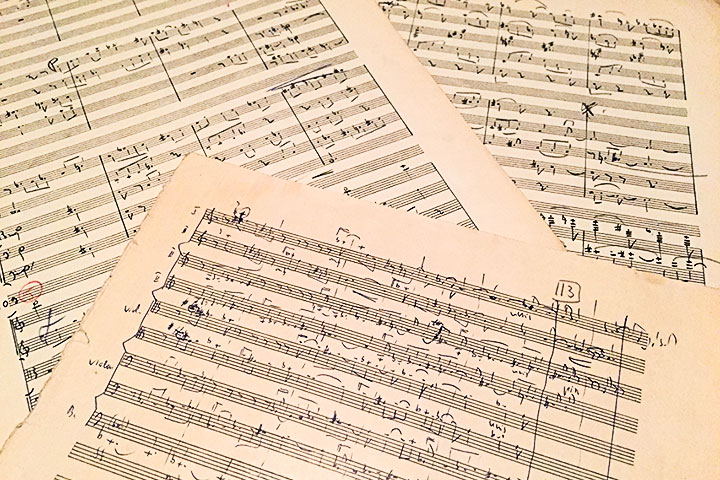
Failai parsisiuntimui

